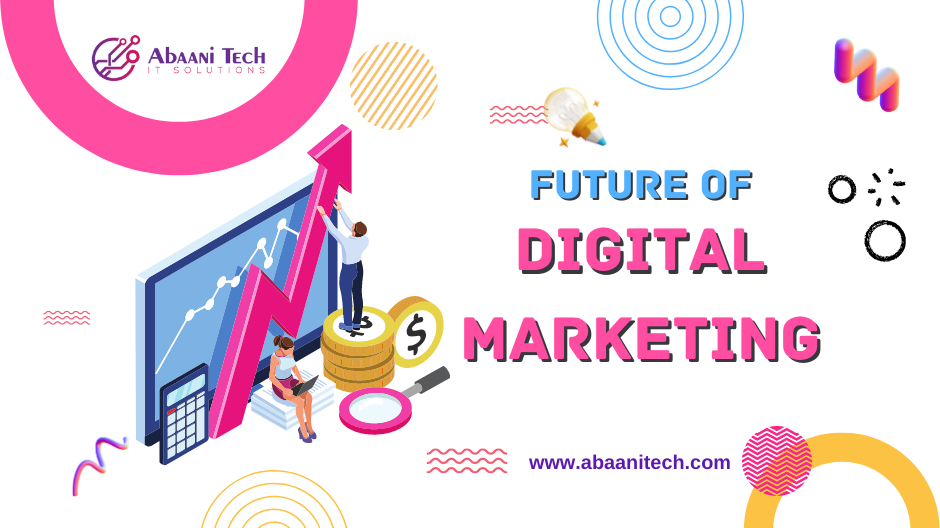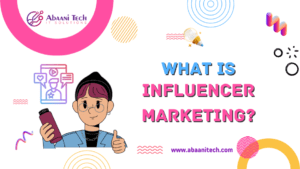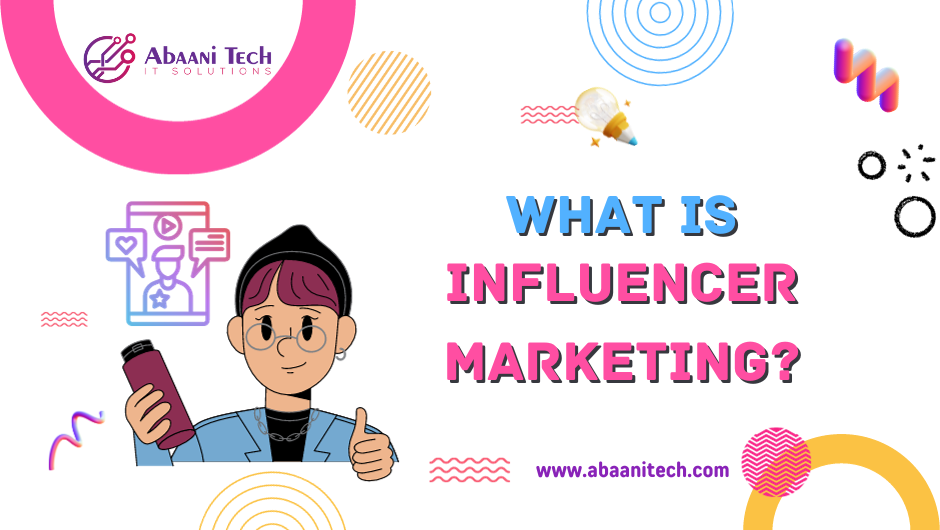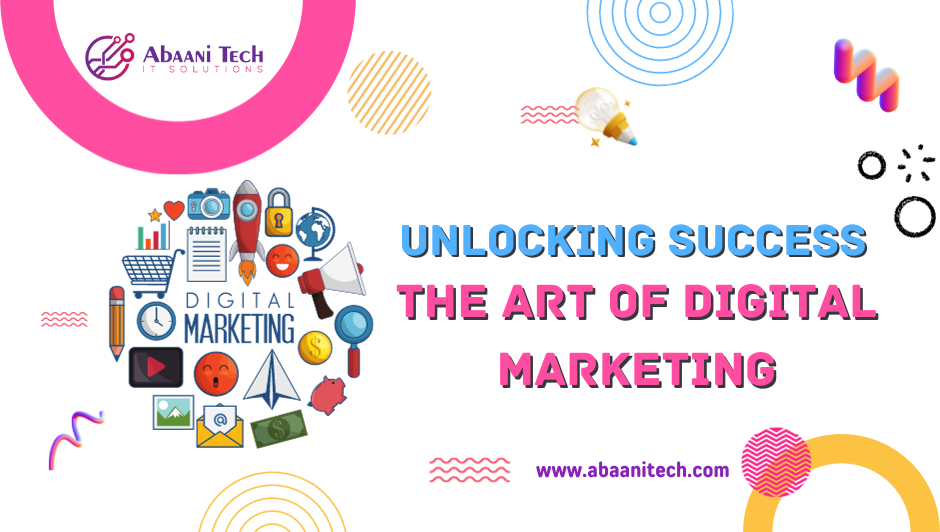Future of Digital Marketing


Digital marketing, a vibrant industry characterized by constant change, is poised to revolutionize the way businesses connect with their consumers in the coming years.
Through the dynamic amalgamation of technology and creativity, the field of digital marketing is set to redefine itself yet again, promising exciting opportunities and challenges for marketers worldwide.
By outlining important trends and recent technology developments, this article examines the future of digital marketing.
- Era of Personalization
- Virtual Reality (VR) and Augmented Reality (AR)
- Video Marketing and Live Streaming
- Influencer Marketing and User-Generated Content (UGC)
- Chatbots and Automation
- Data Privacy and Ethics
- Cross-Channel Integration and Omnichannel Marketing
- Measuring ROI and Data Analytics
- Importance of Customer Experience (CX)
- Impact of Blockchain on Digital Marketing
- Power of Social Commerce
- Final Thoughts
Era of Personalization
Digital marketing is fundamentally about sending the appropriate message to the appropriate person at the appropriate moment. Businesses may now segment and analyze client data more efficiently thanks to advancements in artificial intelligence (AI) and machine learning (ML), enabling hyper-personalized communication.
AI and ML algorithms can help companies understand their customer’s preferences, behavior, and buying patterns, thereby creating personalized content and product recommendations that resonate with their unique needs
Rise of Artificial Intelligence (AI) in Marketing
The way that marketers analyze data, automate activities, and personalized client experiences is changing as a result of artificial intelligence (AI). Because AI-powered computers can process enormous volumes of data, marketers can get insightful information and make informed decisions.
AI is changing the face of digital marketing, from chatbots and virtual assistants to predictive analytics and tailored suggestions.
Rise of Voice Search and Smart Speakers
As the technology behind voice assistants like Amazon’s Alexa, Google’s Assistant, and Apple’s Siri continues to evolve, so too does the manner in which users search for information.
Voice search optimization is becoming a crucial aspect of SEO strategies, with marketers needing to adapt their content to cater to voice search queries.
With the increasing popularity of smart speakers, marketers must not overlook this platform when designing their digital marketing campaigns.
Personalization and Hyper-Targeting
Personalization has emerged as a crucial component of effective digital marketing. Marketers can design incredibly relevant and individualized customer experiences by utilizing data and AI technology.
With the use of hyper-targeting, marketers may provide tailored offers, recommendations, and content to users based on their preferences, actions, and demographics, increasing user engagement and conversion rates.
Virtual Reality (VR) and Augmented Reality (AR)
Technologies like augmented reality (AR) and virtual reality (VR) are revolutionizing how customers engage with brands. AR enables businesses to design immersive experiences that let customers see their items in actual settings.
With the use of virtual reality, marketers can immerse customers in imaginative worlds and produce lasting impressions. These technological advancements present exceptional chances for interesting and interactive marketing initiatives.
Video Marketing and Live Streaming
The digital environment is still dominated by video, and its significance for marketing will only increase. Marketers should use video content on all available channels, such as websites, social media, and email marketing.
Live streaming has gained tremendous popularity, providing authentic and real-time interactions with audiences, fostering engagement, and building brand loyalty.
Influencer Marketing and User-Generated Content (UGC)
Influencer marketing has proven to be a powerful strategy, and its relevance will continue to rise. Collaborating with influencers allows brands to tap into their loyal followings and gain credibility.
Additionally, user-generated content (UGC) is becoming increasingly influential, as consumers trust recommendations and experiences shared by fellow customers. Encouraging UGC can enhance brand advocacy and authenticity.
Chatbots and Automation
Chatbots have transformed customer service and support, providing instant and personalized assistance. They can handle routine inquiries, provide product recommendations, and guide customers through the sales funnel.
Automation tools streamline marketing processes, including email marketing, social media scheduling, and lead nurturing, saving time and improving efficiency.
Data Privacy and Ethics
As technology advances, data privacy and ethical considerations become paramount. Marketers must prioritize user consent, transparency, and secure data practices.
Striking the right balance between personalization and privacy will be essential to maintain consumer trust and comply with evolving regulations.
Cross-Channel Integration and Omnichannel Marketing
Customers interact with brands across multiple channels and devices. Cross-channel integration and omnichannel marketing ensure a seamless and consistent customer experience.
Marketers should focus on integrating their marketing efforts across platforms, providing a cohesive brand experience at every touchpoint.
Measuring ROI and Data Analytics
Data analytics will continue to play a vital role in digital marketing. Marketers must invest in robust analytics tools to measure the effectiveness of their campaigns, track ROI, and identify areas for optimization.
With the help of data-driven insights, marketers may improve their tactics and make well-informed decisions.
Importance of Customer Experience (CX)
In the digital age, customer experience (CX) has become a critical differentiation. Building brand loyalty and promoting customer happiness require providing unique experiences throughout the consumer journey.
Marketers should prioritize CX by delivering personalized content, seamless interactions, and proactive customer support.
Impact of Blockchain on Digital Marketing
Blockchain technology has the potential to bring transparency and efficiency to the world of digital marketing. For instance, it can help eliminate click fraud in digital advertising by verifying user interactions.
Blockchain can also enable consumers to control and monetize their personal data, creating new opportunities for personalized marketing. Though still in its early stages, the integration of blockchain in digital marketing is a trend to watch out for.
Power of Social Commerce
The line between social media and e-commerce is blurring, giving rise to social commerce. Platforms like Instagram and Pinterest have already integrated shopping features, allowing users to purchase products directly within the app.
This trend is expected to grow, with social media becoming a significant sales channel for businesses. In the future, brands will need to leverage these platforms for product discovery.
Final Thoughts
The future of digital marketing is undoubtedly exciting, marked by new technologies and evolving customer expectations. While these emerging trends provide tremendous opportunities, they also present unique challenges.
Success in this new era of digital marketing will require adaptability, innovation, and a deep understanding of customer needs. In conclusion, the future of digital marketing is incredibly promising and full of game-changing possibilities.
Businesses must adapt and embrace the changing landscape of digital marketing to stay competitive as technology advances at an unprecedented rate. Delivering customized and pertinent experiences to customers will be mostly driven by personalization, automation, and data-driven tactics.
The future of digital marketing is not only about reaching wider audiences but also about forging meaningful connections, fostering engagement, and delivering value to customers.
As businesses navigate the ever-changing digital ecosystem, those who remain agile, innovative, and customer-centric will thrive in the exciting era of digital marketing.
Frequently Asked Questions (FAQs)
What is the future of digital marketing?
The future of digital marketing will be characterized by AI, personalization, voice search, AR/VR, video marketing, influencer collaborations, automation, data privacy, omnichannel integration, and a strong focus on customer experience.
How can AI benefit digital marketing?
AI enables marketers to analyze data, automate tasks, personalize experiences, and gain valuable insights for data-driven decision-making.
Why is personalization important in digital marketing?
Delivering personalized and pertinent content, offers, and suggestions based on individual interests and behaviors increases consumer engagement and conversion rates.
What is the role of video marketing in the future?
Video marketing will continue to dominate the digital landscape, providing engaging and interactive content across platforms and enabling brands to connect with their audience on a deeper level.
How can marketers prioritize customer experience (CX)?
Marketers can prioritize CX by delivering personalized content, seamless interactions, proactive customer support, and ensuring a consistent experience across channels and touchpoints.






